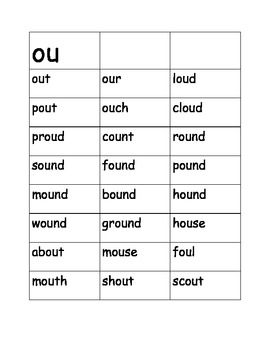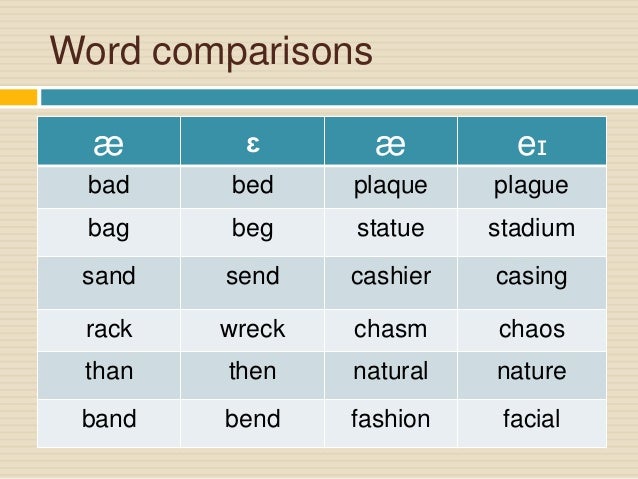DIFTHONG
diphthong
 |
| Example 'OU' |
A diphthong is a sound made by combining two vowels, specifically when it starts as one vowel sound and goes to another, like the oy sound in oil.
Diphthong comes from the Greek word diphthongos which means "having two sounds." Notice the di- for "double." So diphthongs are double vowel sounds in words like late, ride, or pout. If two vowels in a row are the same, as in boot or beer, then it's not a diphthong. Linguists, scholars who study language, analyze diphthongs, which differ from language to language. Ironically, the word diphthong has no diphthongs.
 |
| Example 'AE' |
English
In English, usage of the ligature varies in different places. In modern typography, if technological limitations make its use difficult (such as in use of typewriters, first telegraphs, or ASCII), æ is often eschewed in favour of the digraph ae. Usage experts often consider that incorrect, especially for foreign words in which æ is considered a letter (such as Æsir, Ærø) or brand names that use the ligature or a variation of it (such as Æon Flux, Encyclopædia Britannica, Ætna, Inc.).In the United States, the problem of the ligature is sidestepped in many cases by use of a simplified spelling with "e", as happened with œ as well. Usage, however, may vary; for example, medieval is now more common than mediaeval (and the now old-fashioned mediæval) even in the United Kingdom,[3] but archaeology is preferred over archeology, even in the US.[4]
Given their long history, ligatures are sometimes used to invoke archaism or in literal quotations of historic sources; for instance, words such as dæmon or æther are often treated so.
The ligature is seen on gravestones of the 19th century, short for ætate ("at the age of"): "Æ xxYs, yyMs, zzDs." It is also common in formal typography (invitations, resolutions, announcements and some government documents).
In Old English, æ represented a sound between a and e (/æ/), very much like the short a of cat in many dialects of Modern English. If long vowels are distinguished from short vowels, the long version /æː/ is marked with a macron (ǣ) or, less commonly, an acute (ǽ).

Comments
Post a Comment